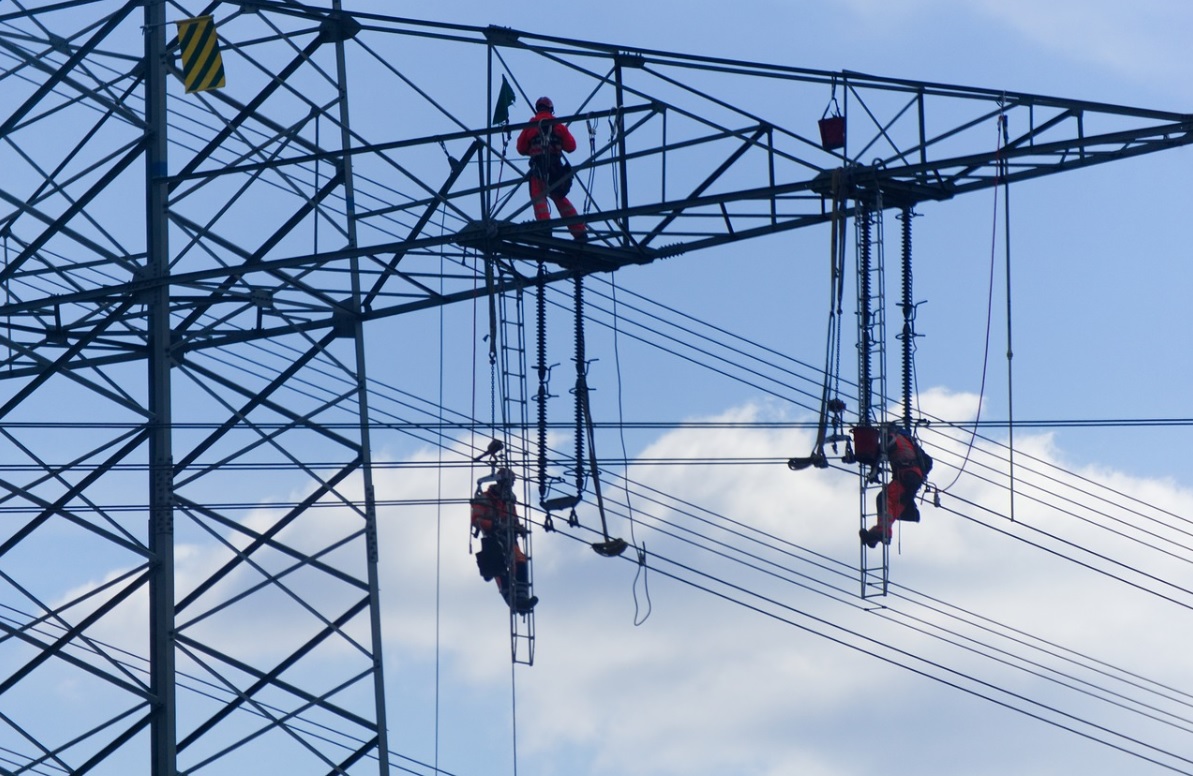AfDB approves €62.3mn to Côte d'Ivoire for bringing electricity to rural localities

- Country:
- Ivory Coast
The African Development Bank’s board of directors, has recently approved a loan of 62.35 million euros to Côte d'Ivoire, which is intended to finance the first phase of the Project to strengthen the works of the electrical system and access to electricity called PROSER I.
The project will take four years to complete. It will allow the connection to the electricity network of 1,388 localities, of which 1,039 (75 percent) have less than 500 inhabitants and so far not affected by the first operations financed by the Bank and the others Development partners. The electrification of the 1,388 localities within the framework of this project will bring the national coverage rate to 100 percent.
“This rural electrification project constitutes a contribution to the equitable redistribution of the fruits of the economic growth that the country has experienced for ten years, by providing rural populations, generally with low incomes, with a basic social service for improvement of their living conditions. With this project, the populations will not simply see the power lines pass over their homes, the project will also finance the connection costs of thousands of households in order to give them effective access to electricity,” Marie Laure Akin Olugbade, Managing Director for West Africa for the Bank opined.
As a part of the National Rural Electrification Program, PROSER I intends to strengthen the country's energy capacities and improve the living conditions of the populations. It plans to build 6,460 km of 33 kV lines, 3,419 km of low voltage lines and 1,394 rural distribution stations. In addition, 11 energy transmission stations will be secured to ensure the continuous supply of electricity to the populations. The second phase of the project will consist of strengthening eleven power transmission stations to ensure the continuous supply of electricity to the populations.
- READ MORE ON:
- AfDB
- African Development Bank
- Côte d'Ivoire
- Côte d'Ivoire rural
ALSO READ
AfDB earmarks over 50 percent of funding for transport infrastructure in Cameroon
President Suluhu praises AfDB's contribution in improving Tanzania’s roads
Need for increased financing to meet Sustainable Development Goals: AfDB Head
AfDB’s Adesina urges to awaken Africa’s agricultural potential at World Economic Forum
AfDB and WHO to scale up transformation of Africa’s primary healthcare










